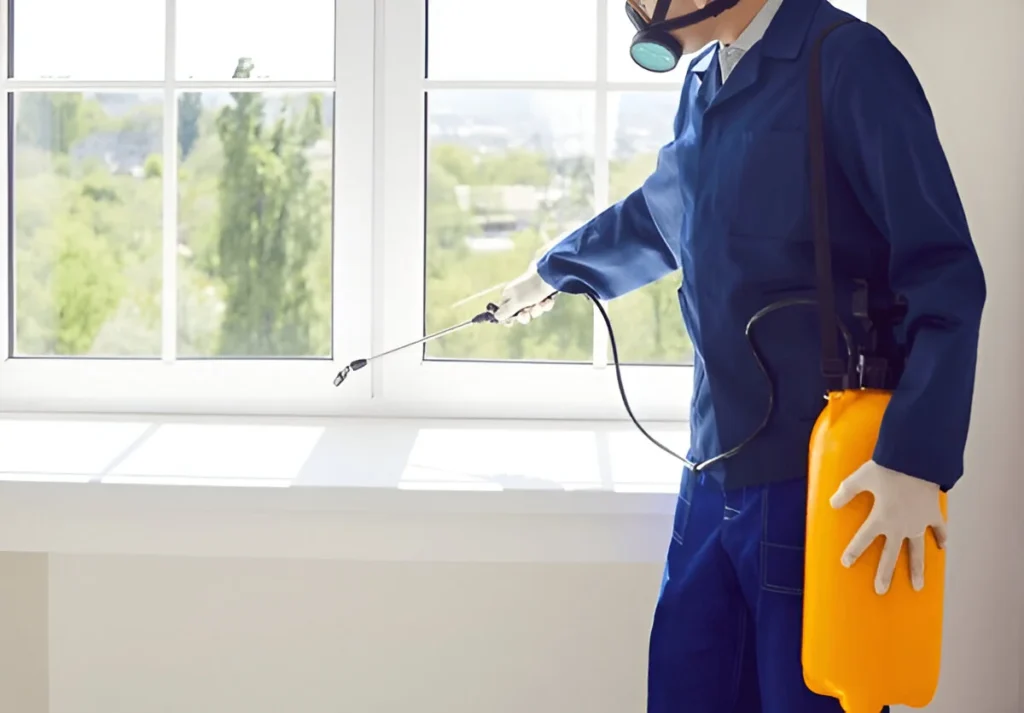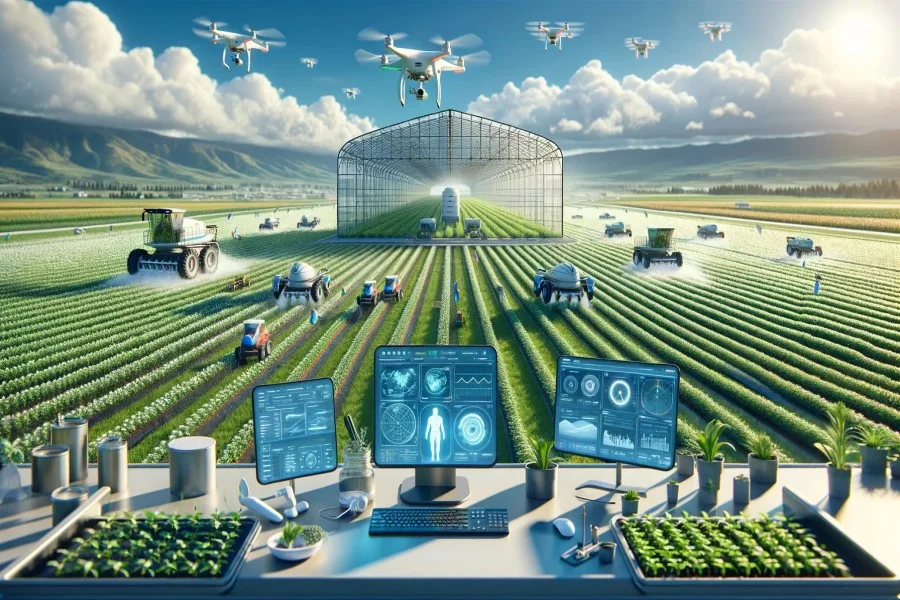-
Govind Bhawan,Kolkata - 700001
Govind Bhawan,Kolkata - 700001

Explore how smart pest control is transforming urban living, with insights from a reputable pest control company for safer, healthier homes.
Urban areas face unique pest problems. Crowded apartments, limited sanitation space, and constant human activity create ideal conditions for pests like mosquitoes, cockroaches, rats, and termites. Traditional pest control methods, though useful, often rely on periodic treatments that may not fully address recurring infestations.
With the rise of smart technology, pest management is evolving into a more precise, efficient, and environmentally conscious practice, reshaping urban living for healthier homes and communities.

Smart pest control leverages modern technology to monitor, prevent, and manage pest populations efficiently. Instead of applying generic chemical treatments repeatedly, smart solutions use data, sensors, and automation to target infestations accurately.

Pests in urban areas are not just a nuisance; they carry diseases such as dengue, leptospirosis, and salmonella. Smart monitoring allows early detection, reducing the risk of disease spread.
Traditional pest control often involves widespread pesticide spraying. Smart systems target only affected areas, lowering chemical exposure and protecting the environment.
Automated systems can reduce repeated visits and treatments, saving money for households and commercial buildings over time.
Sensors can detect termites, rodents, or other destructive pests before they cause significant damage, preserving property value.
Homeowners can monitor pest activity through apps and alerts, allowing proactive management without constant manual inspections.
When considering smart pest control for your home or business, focus on:
Working with the Best Pest Control Company in Kolkata ensures access to certified, experienced professionals who understand both traditional and smart pest management techniques.

Q1. Are smart pest control systems safe for children and pets?
Yes, many solutions are designed to minimize chemical use, relying on monitoring and targeted interventions.
Q2. Do smart systems replace traditional pest control completely?
They complement traditional methods, making treatments more efficient and proactive.
Q3. How often should sensors and devices be checked?
Most systems require routine maintenance every few months to ensure optimal function.
Q4. Can smart pest control work in small apartments?
Absolutely, smaller spaces benefit from precision monitoring without unnecessary chemical exposure.
Q5. Is installation complicated?
Professional providers handle installation and configuration, making it hassle-free for homeowners.
Smart pest control represents a significant shift from reactive to proactive pest management. By combining data, automation, and eco-conscious practices, it addresses the unique challenges of urban living while safeguarding health, property, and the environment.
Smart pest control is changing the way cities approach hygiene, safety, and home management. With accurate monitoring, targeted treatment, and eco-friendly solutions, urban residents can enjoy healthier and more comfortable living spaces. Partnering with experts ensures professional guidance, making it easier to embrace this modern approach to pest management and secure a pest-free future.